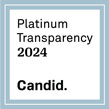Successful Sustainability: Mohéli Hope Spot in the Comoros Archipelago Celebrates Effective Marine Conservation
August 27, 2020
Mohéli, Comoros (August 27th, 2020)
In the Indian Ocean off the coast of Africa lies the unspoiled paradise of Mohéli. With a land size of 211 km² and fewer than 40,000 inhabitants, the island is the smallest in the Comoros Archipelago. On April 19th, 2001, Mohéli Marine Park was created as the first protected area in the Comoros – nowadays reclassified as Mohéli National Park. This great step towards improved marine ecosystem conservation happened when local communities negotiated a collaborative arrangement with the government for both the creation and management of the park.

Mission Blue, international marine conservation nonprofit, has declared Mohéli a Hope Spot in recognition of the work that Mohéli National Park, Laka Lodge, their partners and entire island community have done to preserve the island and its marine life. These activities include maintaining and enforcing the marine park, encouraging sustainable fishing and collecting data on the marine species that live and migrate through the island’s waters. The Hope Spot Champions have big plans on the horizon to promise a healthy future for the island.
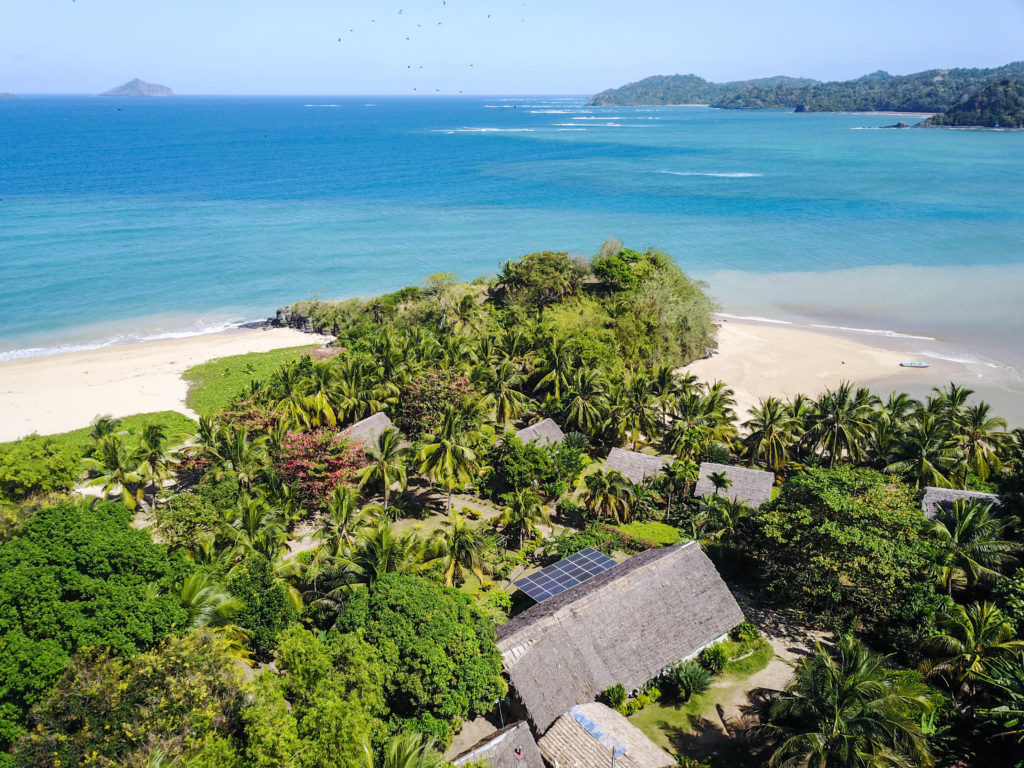
Dr. Sylvia Earle, Founder of Mission Blue, says, “Three cheers for the Champions of the Moheli Hope Spot and the Laka Lodge for doing everything they can to ensure a healthy future for the ocean. Ecotourism is bringing the ocean – and what lives beneath its waves – to the public eye.”

The Mohéli National Park, Laka Lodge and their partners’ goals for improved marine conservation include the implementation of eight no-take zones in the park, in which they plan to help set buoy perimeters with their SCUBA team. They also are looking to work with the local authorities to ban nets and harpoons and enforce anti-poaching laws. Anne Sophie Pannel, Laka Lodge Manager, PADI SCUBA Instructor and Mohéli Hope Spot Champion says, “The National Park and local authorities promised a total prohibition of net and harpoon fishing in 2020 for the very first time in history, so some hope is on the way.”

To support a sustainable future for Mohéli, they plan to develop healthier fishing methods. To do this, they plan to develop educational programs and are currently working on a movie about the coexistence between a man and the natural world around him, set in the Mohéli National Park. Richard Krebs, Laka Lodge Co-Manager and moviemaker for the NGO One World says, “We believe it is important to produce efficient educational tools for the local population, to add different perspectives and knowledge and through them create a better appreciation of the Mohéli’s unique environment, which will certainly help protecting it.’’

Pannel says, “Mohéli is a hidden paradise off the beaten path where man and nature have coexisted for years in a fragile equilibrium. We, and our partners believe that the Hope Spot designation will support us in creating sustainable tools to keep the balance in the environment to benefit the unique biodiversity of Mohéli. Through science, education, cooperation and new sustainable local economies – especially ecotourism – we can forge a bright future for the local population and generations to come.”

Although fewer Mohélians fish today than their parents did, fishing is still an important source of income for the island population. However, there are currently not enough data available to fully understand the vulnerability of some of the local species and their habitats. Thus, further research will be necessary to create sustainable protection policies and stock management to reverse some of the damage already done from unsustainable fishing practices. “Although some research programs have already been conducted by scientists from Creocean, Marex and Abyss foundation, we need to gather more information about this still very unknown region, and use these data to raise public and local awareness of how important it is to protect the island’s biodiversity”, explains Pannel.
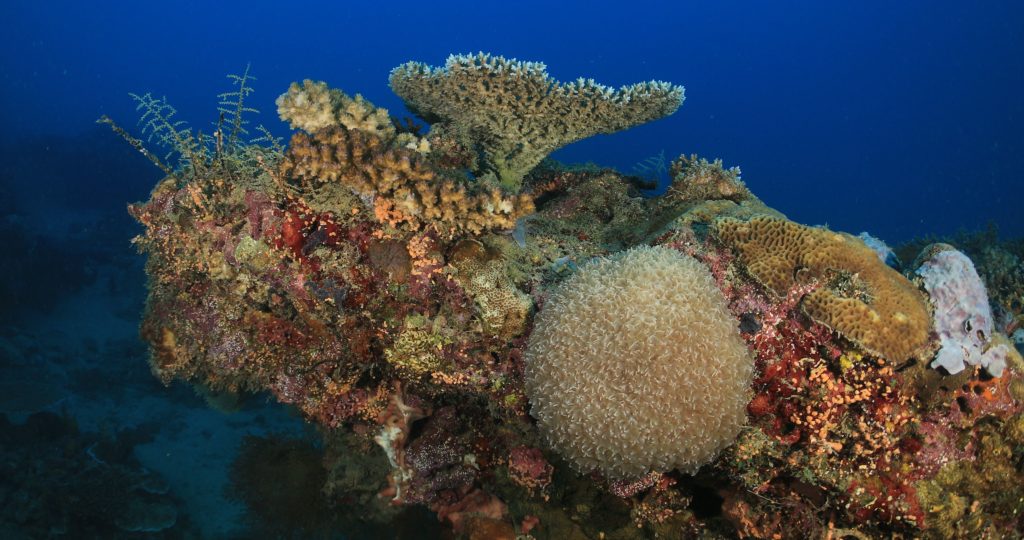
Krebs elaborates, “Sustainable existence for people is necessarily founded on a healthy environment as everything we need for living comes from it. Environment is a complex and dynamic bundle of interdependent systems and it is vital for men to understand and manage it properly.” He continues, “On Mohéli, people live from its natural riches since centuries, but nowadays they face new challenges which threaten the environment and therefore the people themselves. This Hope Spot initiative connects people and provides tools in the effort of preserving the natural world for the benefit of all, which is a matter of upmost importance.”
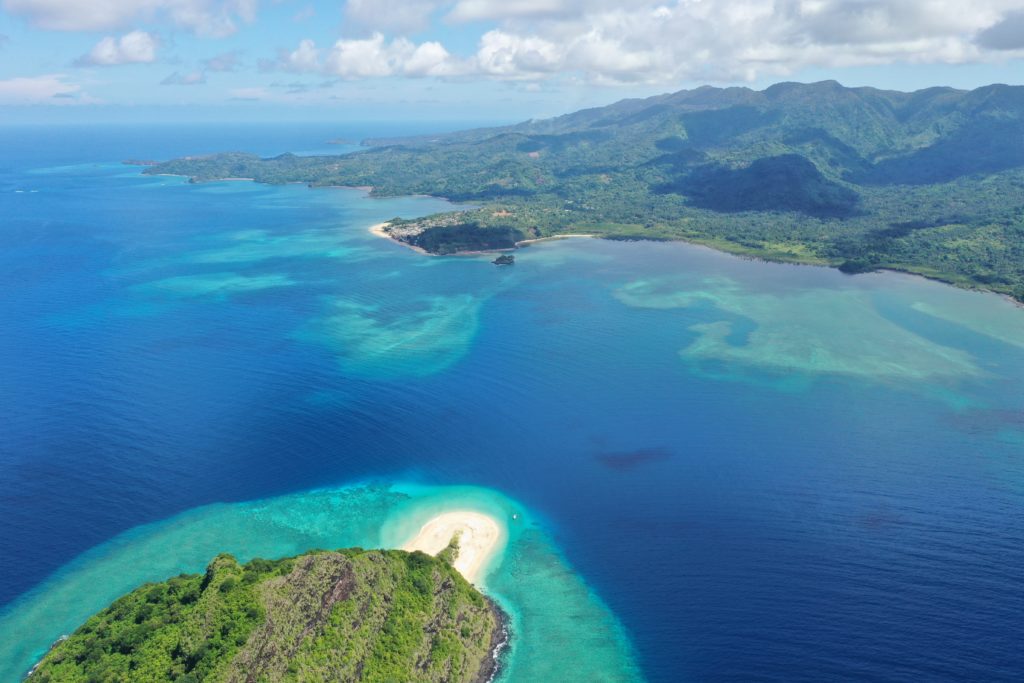
Mr. Abdourahman Nafion, Human Resources and Logistics Manager, Laka Lodge, says, “By providing continuous training to the men and women from our community during the past 15 years and creating new eco-tourism employment opportunities in our village, we can now better protect the unique environment we live in.” He continues, “ We can keep our traditions alive which the generations to come will be proud of. Being chosen as a Hope Spot is for us Mohelians a great reward for our efforts and convictions.”
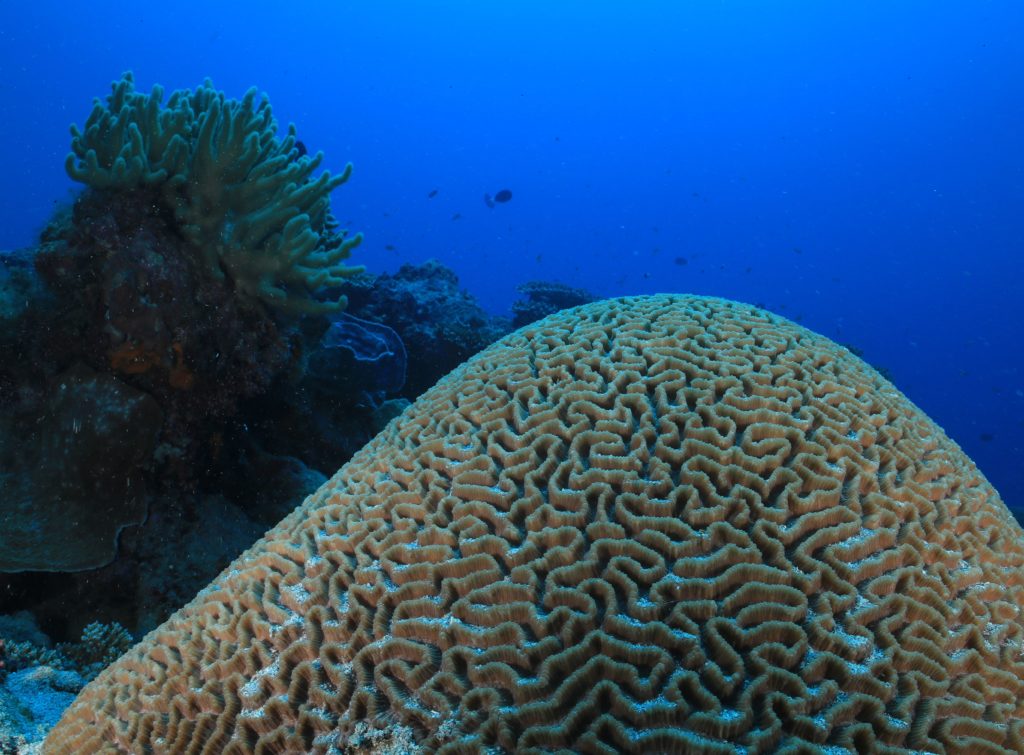
Like much of the world, plastic pollution has become a growing problem on the island, and the Laka Lodge is supporting and co-financing a local initiative of waste management led by the local associations CDN, ADSEN and the NGO 2mains.
The local government is closely aligned with the Laka Lodge and its partners in achieving these sustainable management goals. For example, developing a stronger eco-tourism industry is a high priority as it adds economical value to the biodiversity and creates new income opportunities for the local population. The island sees a very small number of tourists per year – just a few hundred. “Increased eco-tourism activities will benefit both the economy and the island,” Pannel explains. “This will continue to be a hands-on effort that includes everyone to pursue these goals and create a sustainable future for everyone on the island – both human and animal.”
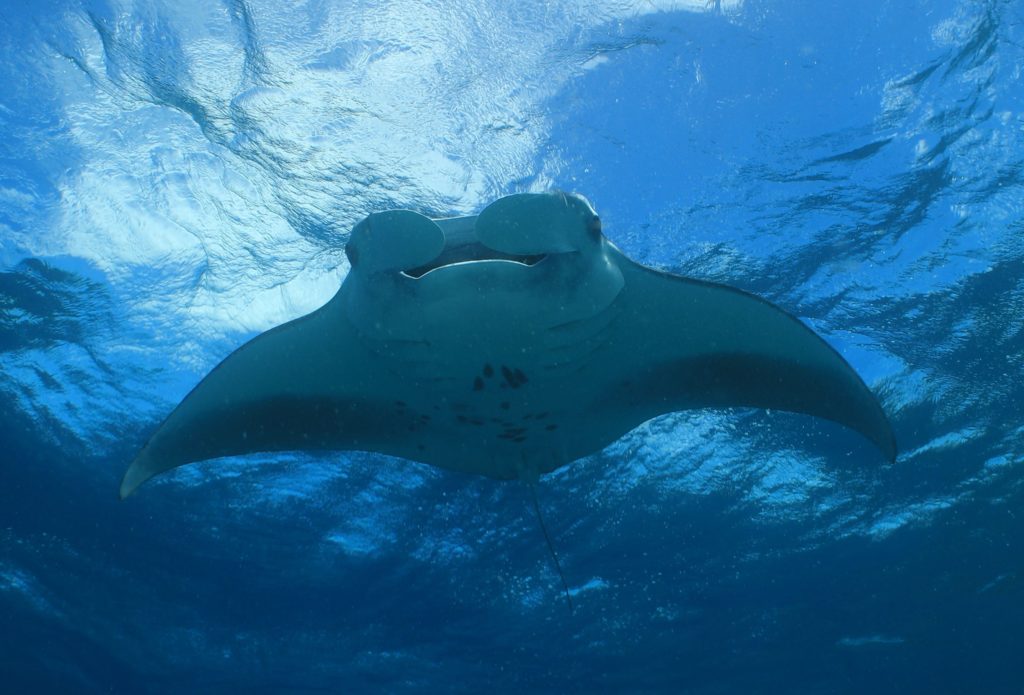
The Mohéli Hope Spot covers the marine zone south of the island including its coastline, seven (7) uninhabited islets on the east and south and deep-sea beds that stretch behind the islets. The island’s striking ecology is marked with vibrant fringing reefs, underwater boulders, marine terraces, large seagrass meadows, untouched large mangroves and basaltic drop-offs. The island’s unique ecology supports a wide range of species and is one of the most biodiverse areas in the Mozambique Channel. The local coral reefs have proven to be quite resilient during bleaching events that have plagued much of the world’s reefs over the last decade. Parrotfish (Scaridae) hold a unique role in reef resilience – these brilliant turquoise fish feed on the algae that grow on hard coral after a bleaching episode occurs, keeping levels healthy enough for the coral to recover.
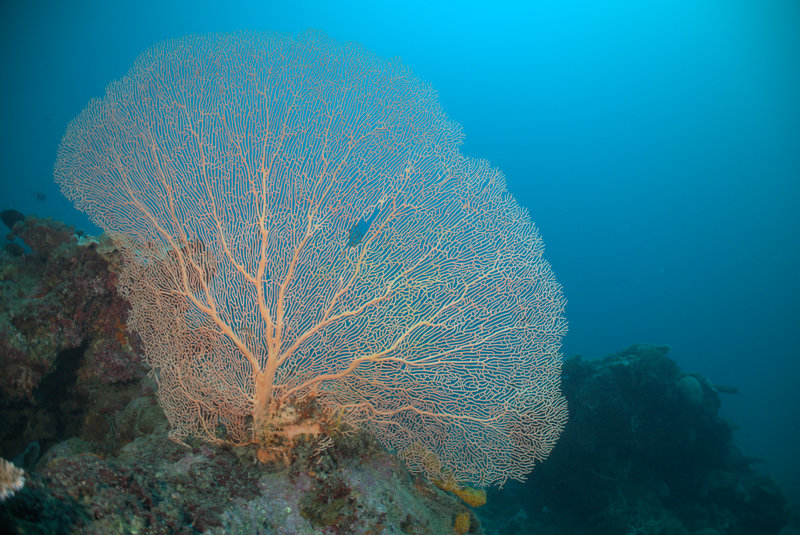
Tourists can swim with Humpback whales (Megaptera novaeangliae) between July and October when they migrate through the area to mate and give birth, and, if lucky enough, can witness endangered green sea turtles (Chelonia mydas) hatching on the island’s expansive golden beaches. About 15 dugongs (Dugong dugong) live in Mohéli’s waters, as well as Humphead wrasse (Cheilinus undulate), seven different species of dolphins and endangered and vulnerable shark species.

Mohéli is currently in consideration to become a UNESCO Biosphere Reserve. “We hope one day the Hope Spot can serve as an example to be followed throughout the rest of the region, where sustainable management of marine resources is not yet in place.” Pannel says.

About Laka Lodge
Laka Lodge is a family-run eco-lodge and PADI scuba diving resort situated in the heart of the Mohéli National Park in the village of Nioumachoua. Facing six inhabited islets and surrounded with exceptional sea life and endless coral reefs, the Lodge provides endless opportunities to connect with nature.
Created in 2005, Laka Lodge works closely with the local community, providing direct employment for 33 villagers and offers several opportunities, providing local producers and fishermen with opportunity to sell their produce. The Lodge has developed new eco-tourism activities for visitors to experience all the beauties that Mohéli has to offer under the sea, on land and amongst the heartwarming population.
The Lodge works to protect the environment. Among other initiatives, the Lodge has created and supported the running of a local waste management project serving 4,000 villagers over the last two years. The Lodge also supports and organizes ocean plastic waste clean-ups on the beaches of the isles with groups of young, local volunteers. Laka Lodge is solar-powered, providing free UV-treated drinking water in its effort to combat plastic pollution and inspire others in their efforts to maintain a healthy environment.







